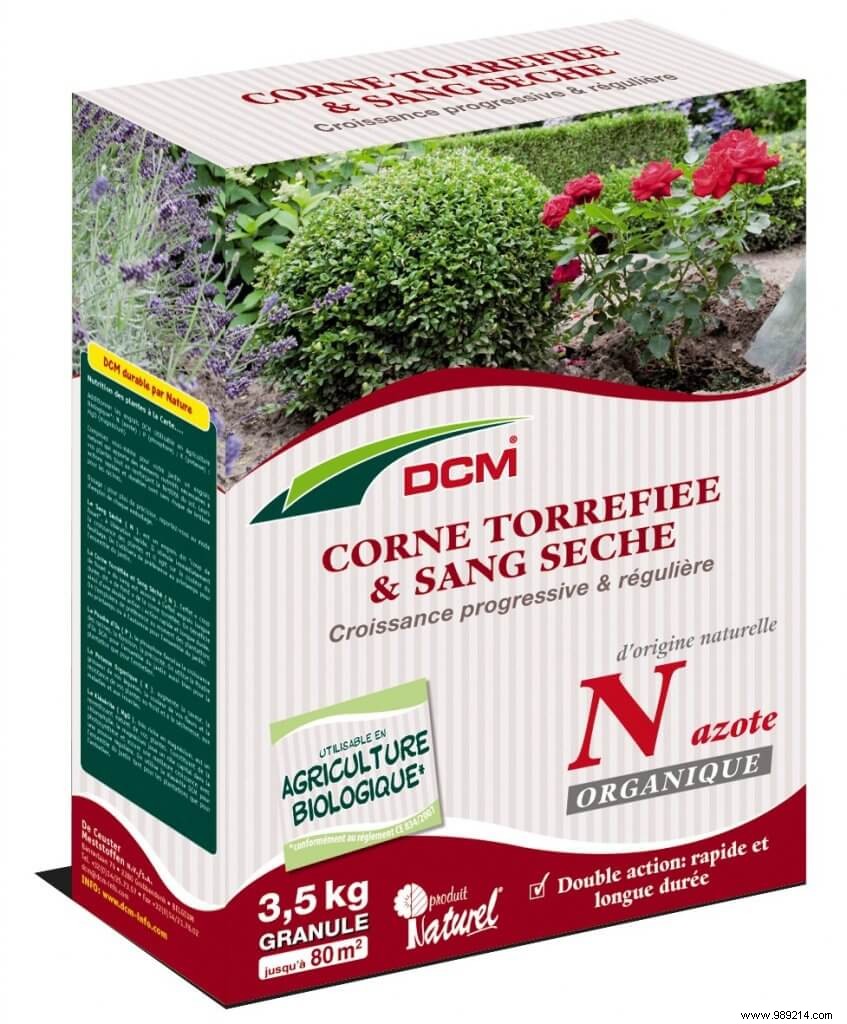Autumn is here and the big question we can ask ourselves is about the different materials to bring to the ground. Fresh or dehydrated manure? Home compost? Horticultural soil? Peat? Fertilizer, but which one? Fertilization or amendment?
Because a garden is a place of transfer . The apple contains the nutrients taken from the soil, and when we pick the apple to eat it, we are doing an export of nutrients. I know some who will crunch the fruit of Adam in another way... Ditto for the size of the hedge, the mowing of the meadow, the collection of leaves.
By dint of exporting, the ground is running out . It is therefore necessary to provide certain nutrients (or which will become so) every year, even several times a year.
These nutrients are mostly raw material , such as raw materials entering a factory. But for the factory to work, it must have happy workers. Yes, yes!
The workers of the factory ground, is all of its inhabitants. Everyone works! From biggest to smallest. I know some who are beginning to dream of this society... Let's come back to earth, and even to the earth. Insects, worms, spiders, crustaceans, larvae, fungi, protozoa, bacteria... are agitated. In fact they live; eat, eat themselves too, reproduce, die. But if and only if, the living conditions are optimal; humidity, air, and food, in sufficient quantities but not too much.

Fertilizer-roasted-horn-and-dry-blood-Garden
This is where the amendments intervene. An amendment will correct the shortcomings and the excesses, which comes to the same thing…in the desired proportions. The contributions will modify the structure of the soil, understand by this, how the different mineral and organic elements are associated with each other, so that the inhabitants of the soil can live there (eat, drink, sleep, etc.)
An image to understand:if you put flour, eggs, and milk in a dish, you won't be able to celebrate Candlemas. To make pancake batter, these ingredients must be 1. In the right proportions 2. Mixed correctly.
Ground workers are versatile . They make plant nutrients from the raw materials, and mix it all up.
In short, fertilization is a supply of nutritious raw materials , the amendment is a contribution of elements aimed at correcting the proportions of fine, very fine and coarse elements. Because the mineral elements of the soil are classified by size:clays for the finest, then silts, sands, and gravels for the largest.
Answer that you will qualify yourself:it depends!
It depends on your soil and the crops you want to plant if they are not already there.
Soil analysis can give you useful information. Especially if it is decrypted for you...it's like blood tests, you have to decrypt it.
But you will know if your soil has too much clay and/or silt (wet sticky soil, no analysis needed for that…) or too much sand (soil that does not retain water, you already seen!)
Good then ? Analysis or not? Yes, if you are told what to bring in what quantity, fertilization or amendment, or both. To go further, you will find here my experience on the soil analysis made in my future vegetable garden.
This all might sound a bit complicated. What must be remembered is that the gardener must adopt what Nature has been doing for...a long time. This is the best way not to be wrong. Input of organic matter , that's it!
Organic matter comes from living things:dead leaves, shredded material, straw, manure, liquid manure, compost, feathers, beet vinasse... But also what is present in the soil:dead roots, dead animals...
It is both a fertilizer and an amendment, a corrector of structure. The inhabitants of the soil feed on it and thus transform it into food that can be assimilated by plants. The workers of the ground, by their displacements, triturate and mix the whole.
The ground is left with enough cavities for air and water to circulate with a water-retaining action thanks to humus, the result of the decomposition of organic matter.
Organic matter corrects the soils and fertilizes them.
Helping pragmatism, the cheapest. Dead leaves, cut grass, homemade compost, that's already a lot. The shredded material from your sizes or those from the recycling center is a plus. And you can use organic fertilizers from your favorite garden center.